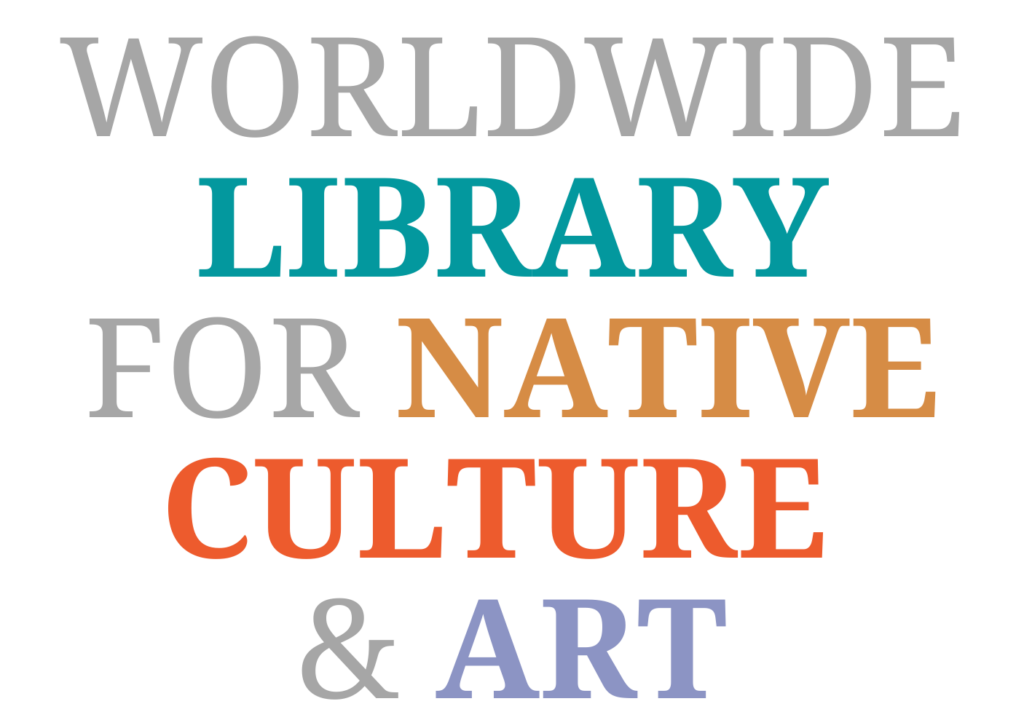We seek to create conditions in which multiple ways of knowing can coexist, interact, and inform one another within an ethical and respectful global framework.
We empower humanity to restart a new way of creating knowledge together and to be united by nature and living cultural experiences to address an emergency: the loss of our Elders, Knowledge Keepers, and our “Human Intellectual Senior Capital”. This initiative is dedicated to preserving, organizing, and transmitting this original knowledge through the Agile Bioregion Center (ABC). We are creating a living, interconnected system of experiences, learning, and gathering spaces for native communities worldwide. Our first “seed nodes” are now active with the Mayan Bioregion and the Mayan Library — serving as working proof of concept for the global network we are building.
